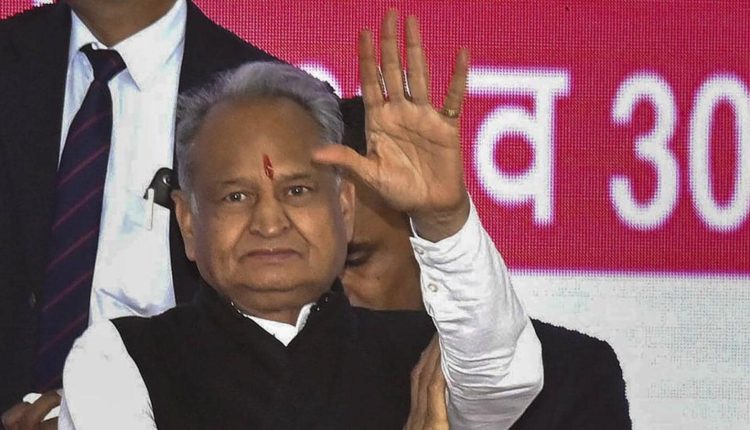JAIPUR: The Rajasthan government has asked Member of Parliaments from the state to take up pending issues of the state during the upcoming winter session of Parliament such as withdrawal of cases against Gujjar activists and national status to ERCP.
The government has also provided them documents listing the progress and status of the issue or the project related to 24 ministries.
In the letter to Lok Sabha and Rajya Sabha MPs, the government asked them to take up issues such as withdrawal of cases during Gujjar agitation and ask the Centre to get the railways to give its consent for withdraw cases registered against them during the agitation.
The state government has also reminded them about Rajasthan’s request to reduce the state’s contribution in Jal Jeevan Mission from 50% to 10%. and accord National Project status to Eastern Rajasthan Canal Project (ERCP) that will improve drinking water supply to over dozen districts.
The state government has given them access to details of the issues concerned, the action required, previous correspondence, probable questions, contact and name of officers concerned in the central and the state government.
Political analyst Manish Godha said this practice was started during the term of the previous BJP government. The government is trying to highlight the issues of Rajasthan so that they aren’t only resolved but also get in public line, which in turn is a political move.
Deputy leader of opposition Rajendra Rathore said, “It is a part of political agenda for the ruling government”. Rahore added that it would have been better if the chief minister met the MPs to discuss the issues in detail.
“The MPs are being asked to take up the state issues in the last year of the government’s term. What were they doing for four years? During our government, we had formed a cell which used to provide data and issues to the MPs,” he said.
RLP chief and MP Hanuman Beniwal said, “The CM should have spoken to MPs, even before undertaking development works. I am raising not just issues of my constituencies but of entire state.”


